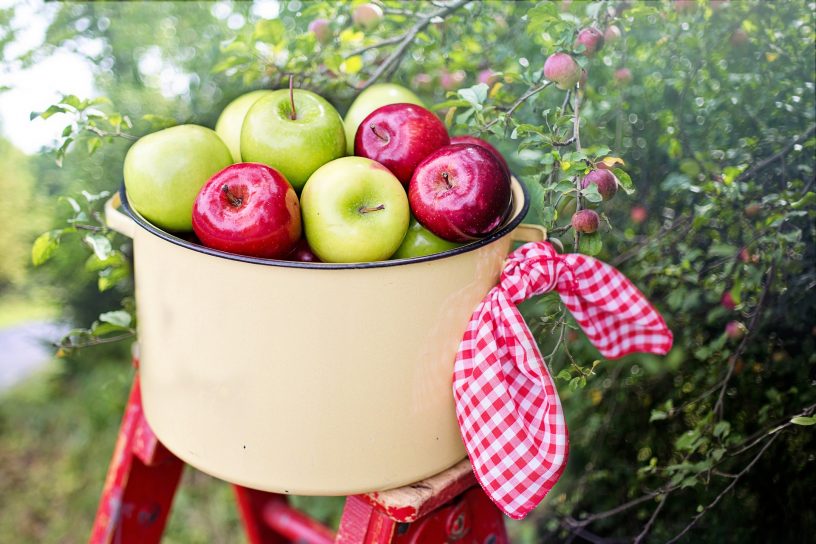Wynne C
It’s the New Year! This is the time of year everyone is making New Year resolutions. The New Year signifies a fresh start, a different perspective, an opportunity to do more and better. It feels like an escape from all the negativity of the previous year.
What a year 2020 has been. We look back at how our lives have been turned upside down and inside out by the worldwide pandemic. As much as we would like to leave the impact of the pandemic in 2020 and hope for a clean slate in the New Year, we know we are still very much affected by it in the foreseeable future. On top of navigating what a different world we are living in right now, the everyday pressures from before the pandemic still remain. We have a lot of the “normal” things to worry about. Children may be thinking about school and friendships. College and university students may be thinking about their future and the job market. Working adults may be thinking about bills, mortgages, marriages and the security of their current jobs. Parents may be thinking about their children’s education and development. The elderly may be thinking about their health and families. Add in the lack of human interaction and loneliness into the equation and we have ourselves the potential for poor mental health and wellbeing.
We are constantly bombarded by messages on social media that everyone is achieving so much. Every second of seems to be occupied by a productive activity. It is as if doing nothing automatically means you are losing out and not as good as the next person. This subconscious programming of our minds leads us to believe we need to achieve to keep up with everyone else just in school, university, family life or career. A lot of us think our free time needs to be filled with activities that achieve something, like learning to bake, learning a foreign language, DIY or reaching our step-count. We feel the need to have something to show even in our free time. We neglect our need for rest. And this is the perfect recipe for a burnout.
Resilience is the capacity to adapt well in the face of difficulties. Imagine our level of resilience as water in a bucket. After a nice, relaxing holiday, our bucket may be at an all-time high. We then go back to our everyday lives which can be demanding. Our bucket is then being tipped over slowly and the water is drained away. If you do not allow yourself time and space to refill this bucket, without even realising it, your bucket will be bone dry. This is when you lose the ability to cope with everyday stresses that you used to be able to manage with a fuller bucket. This is your brain’s way of giving out red warning signs. It is telling you loud and clear, “You need a break!”
Being a doctor is stressful for me and the pandemic has made it even more challenging. This pushed me to actively consider ways of refilling my bucket. I personally find it very enjoyable to spend my free time listening to music and speaking to family and friends. This gives me a chance to explore how I truly feel and reflect on those thoughts and feelings. Some people enjoy journaling. Others process their thoughts in nature.
There is a Chinese saying that goes, “Taking a break is so that you are recharged to go on for longer”. In the New Year, whilst we are busy making amazing New Year resolutions, don’t forget to also factor in time and space for your mental wellbeing and resilience.
Make time to refill your bucket!











